1799 Captain Elijah Cobb House
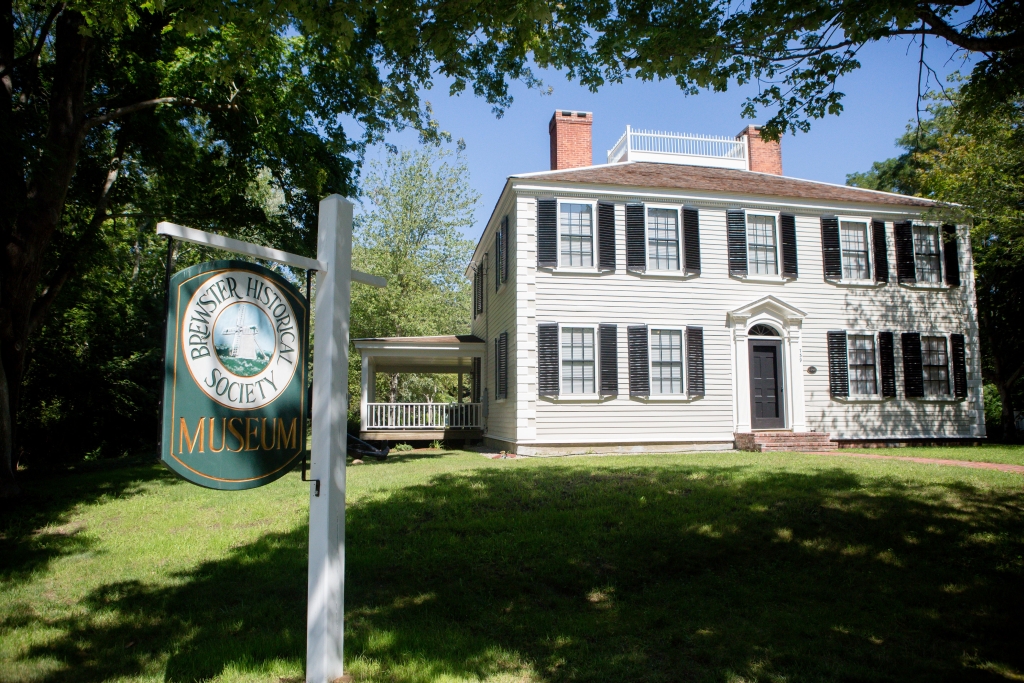
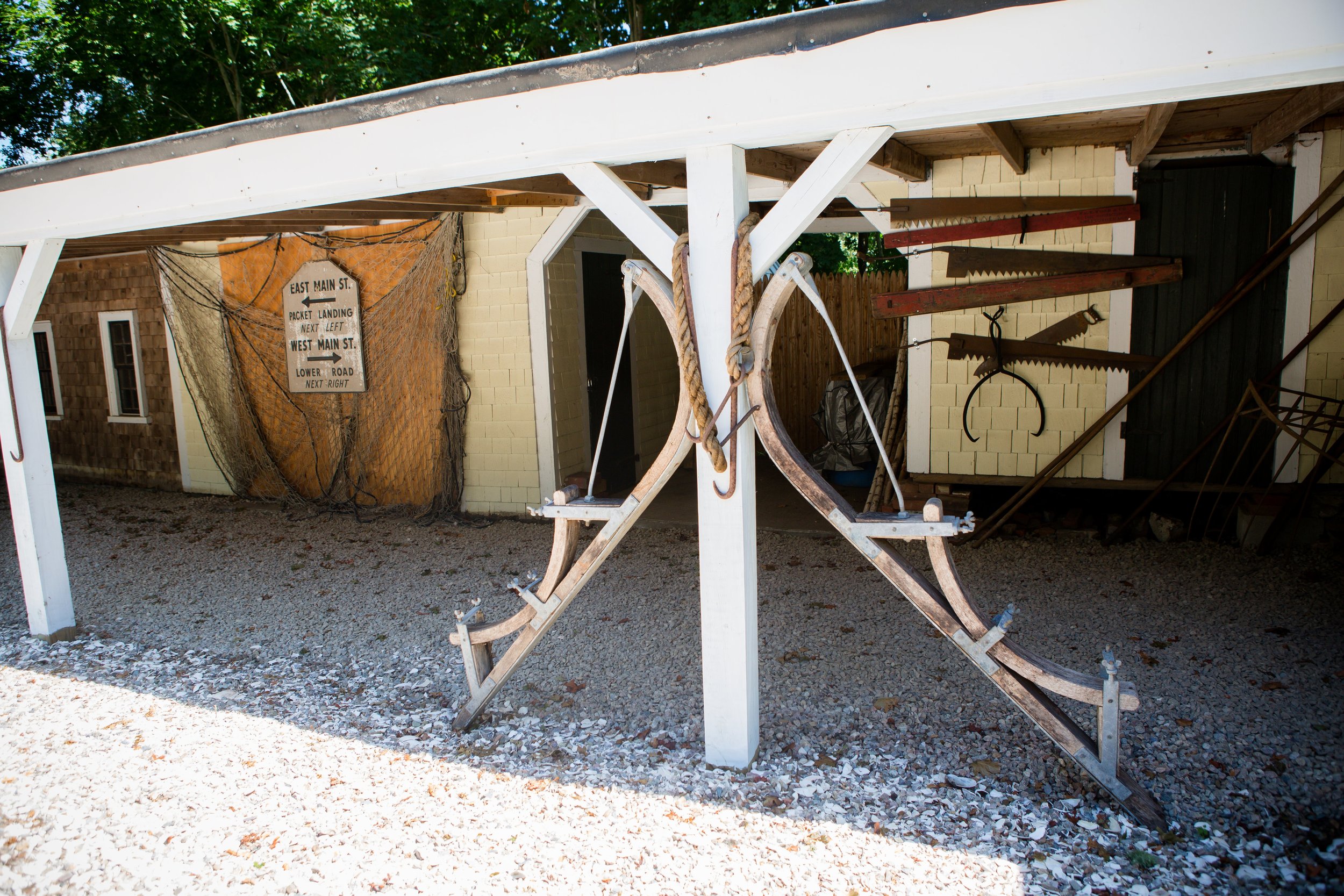
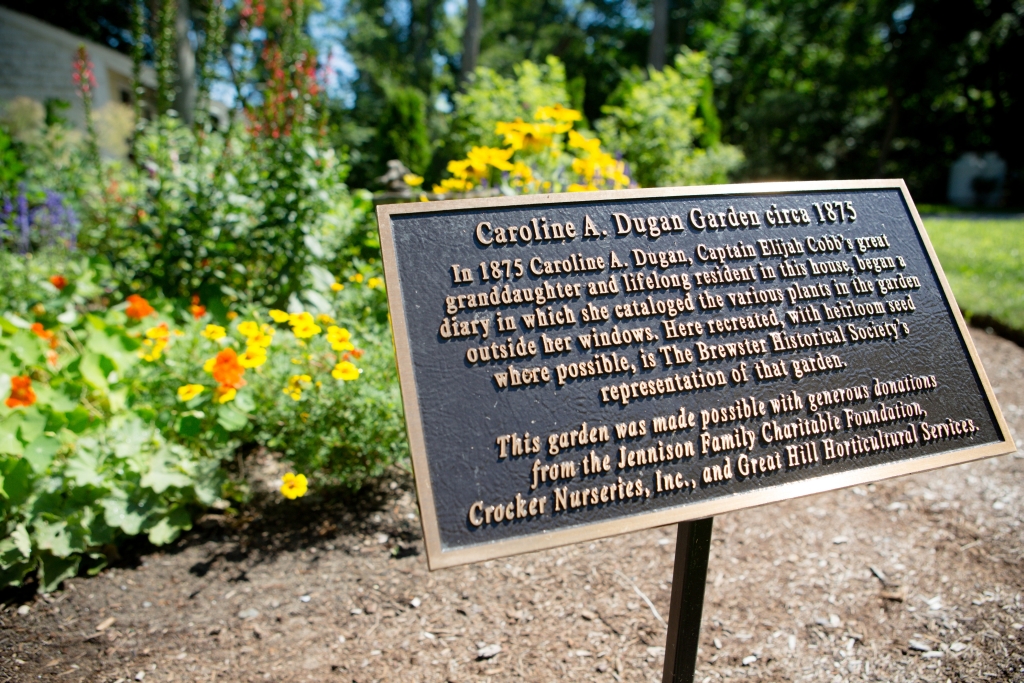
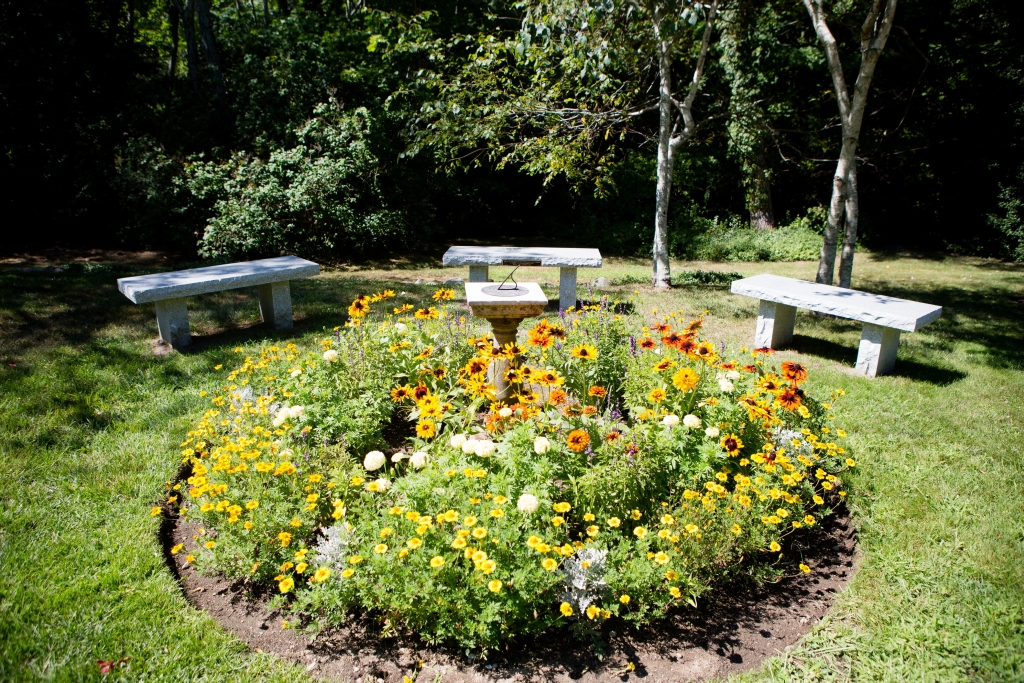
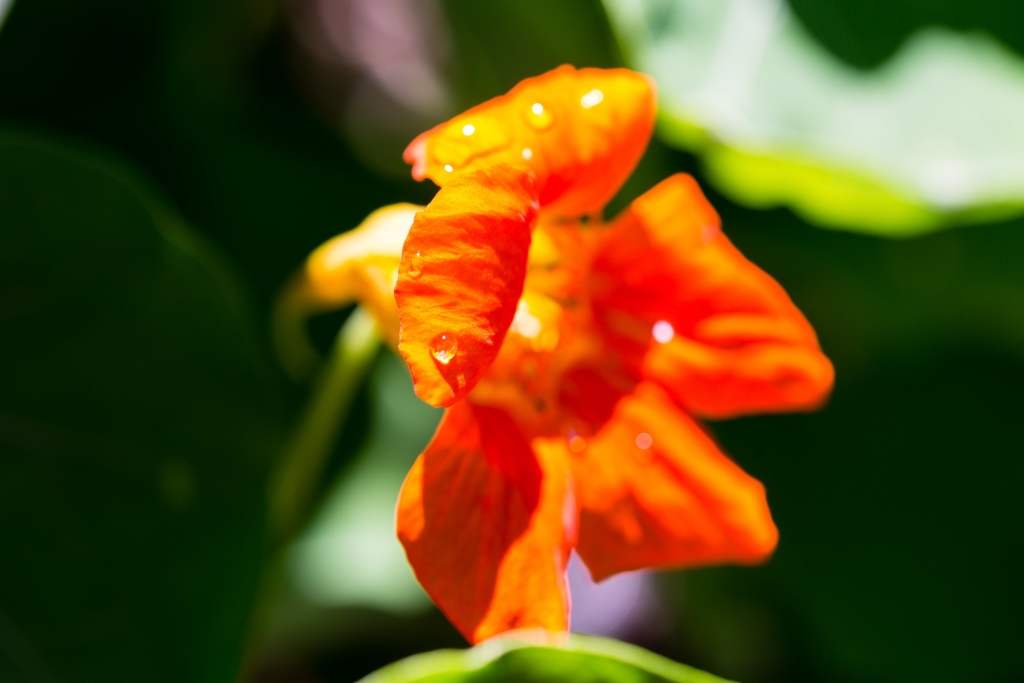
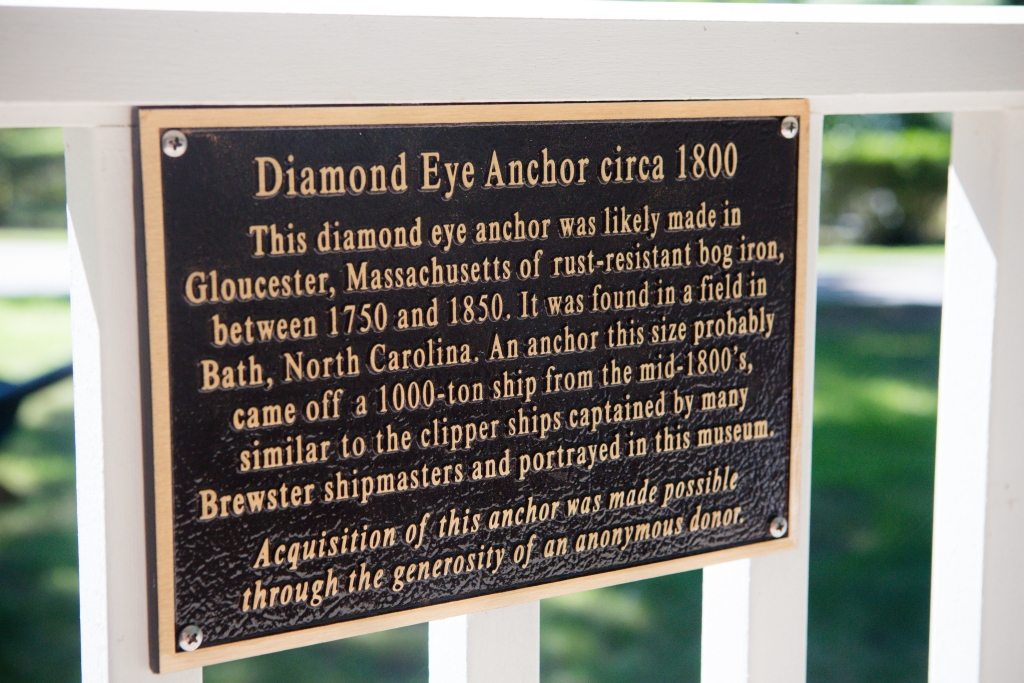
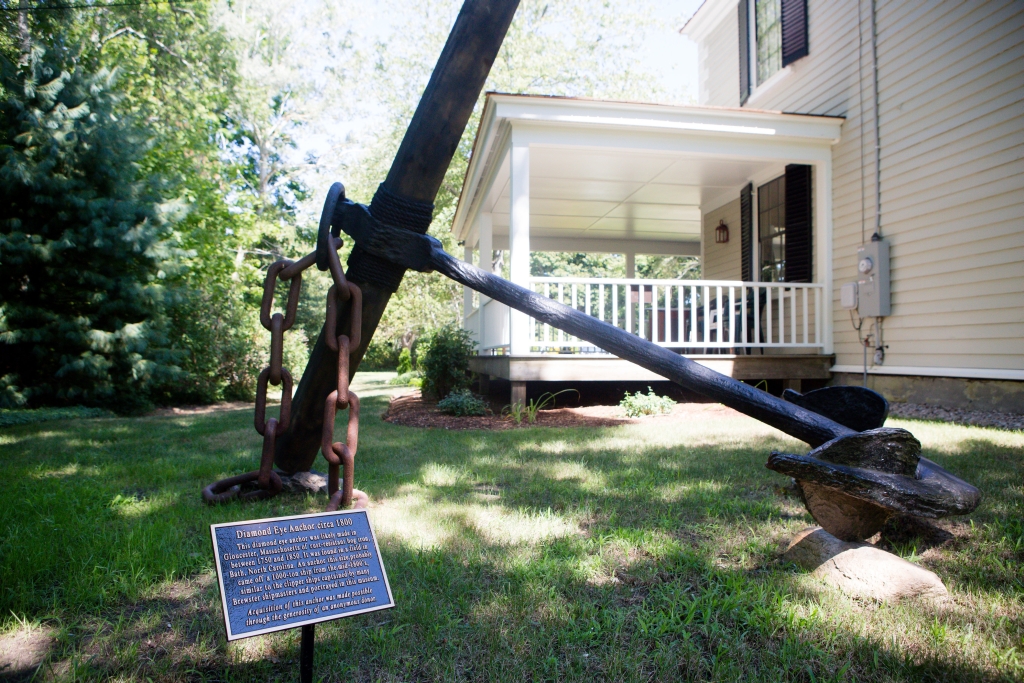
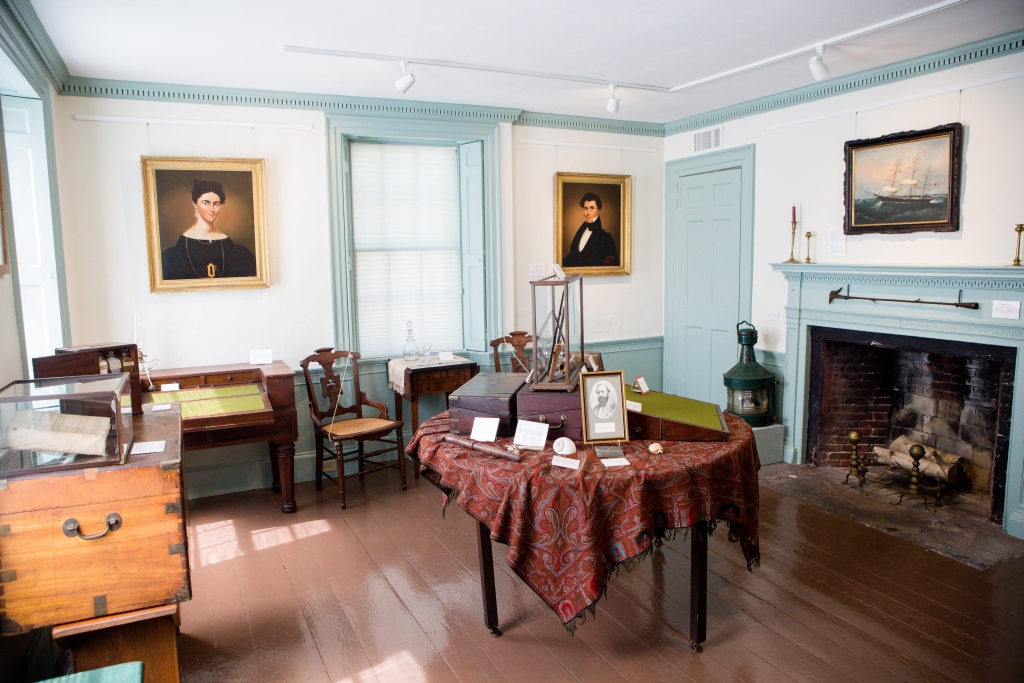
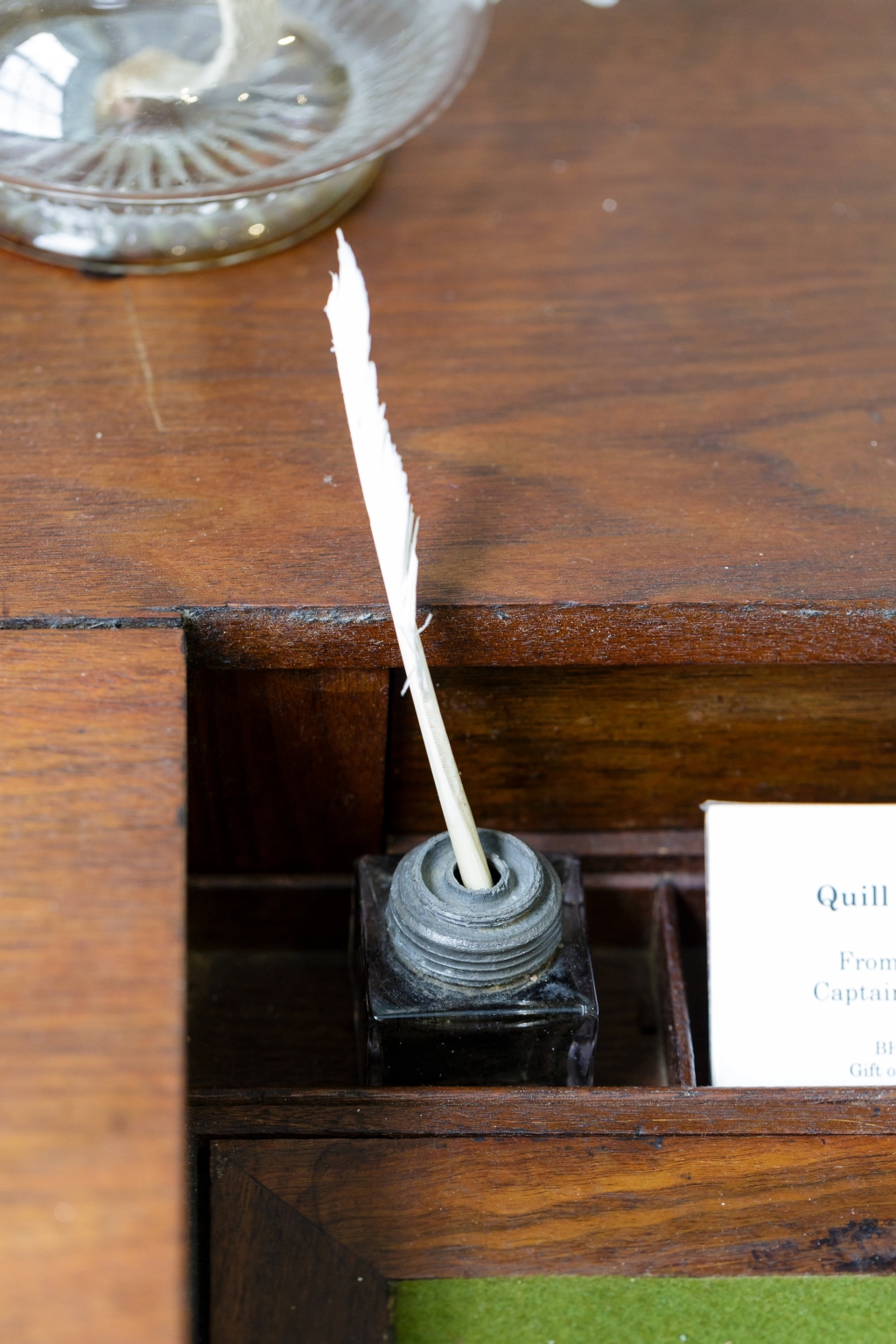
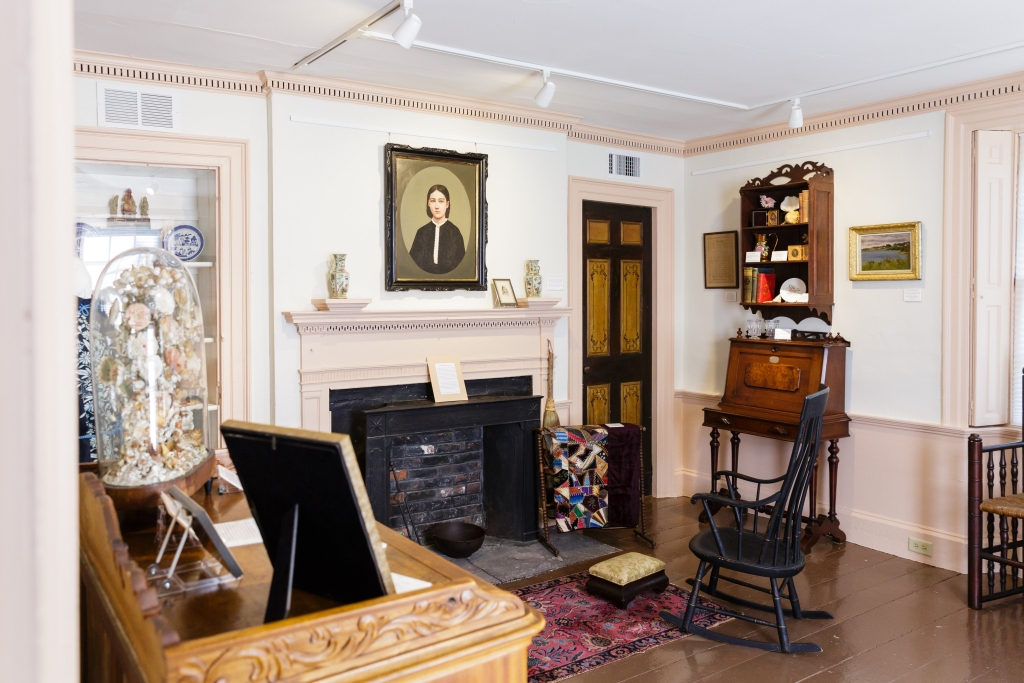

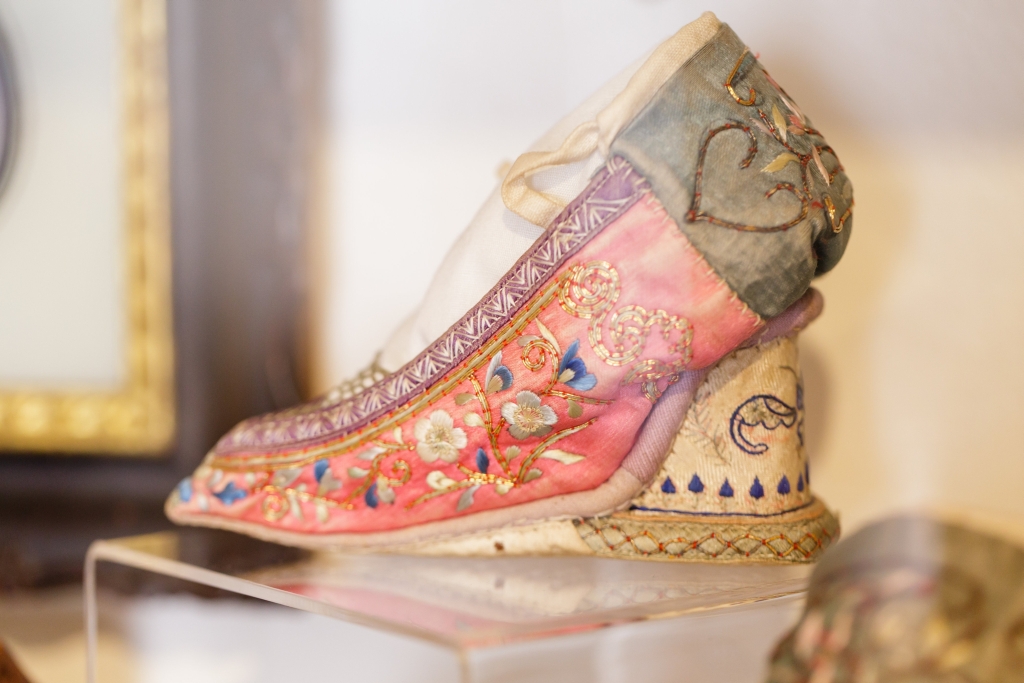
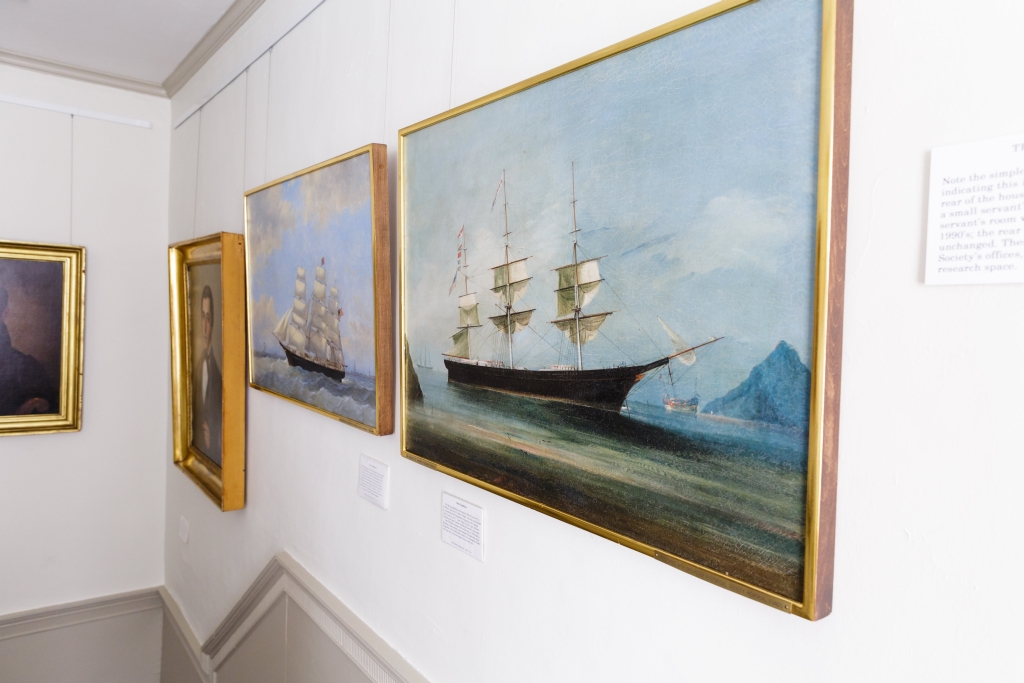
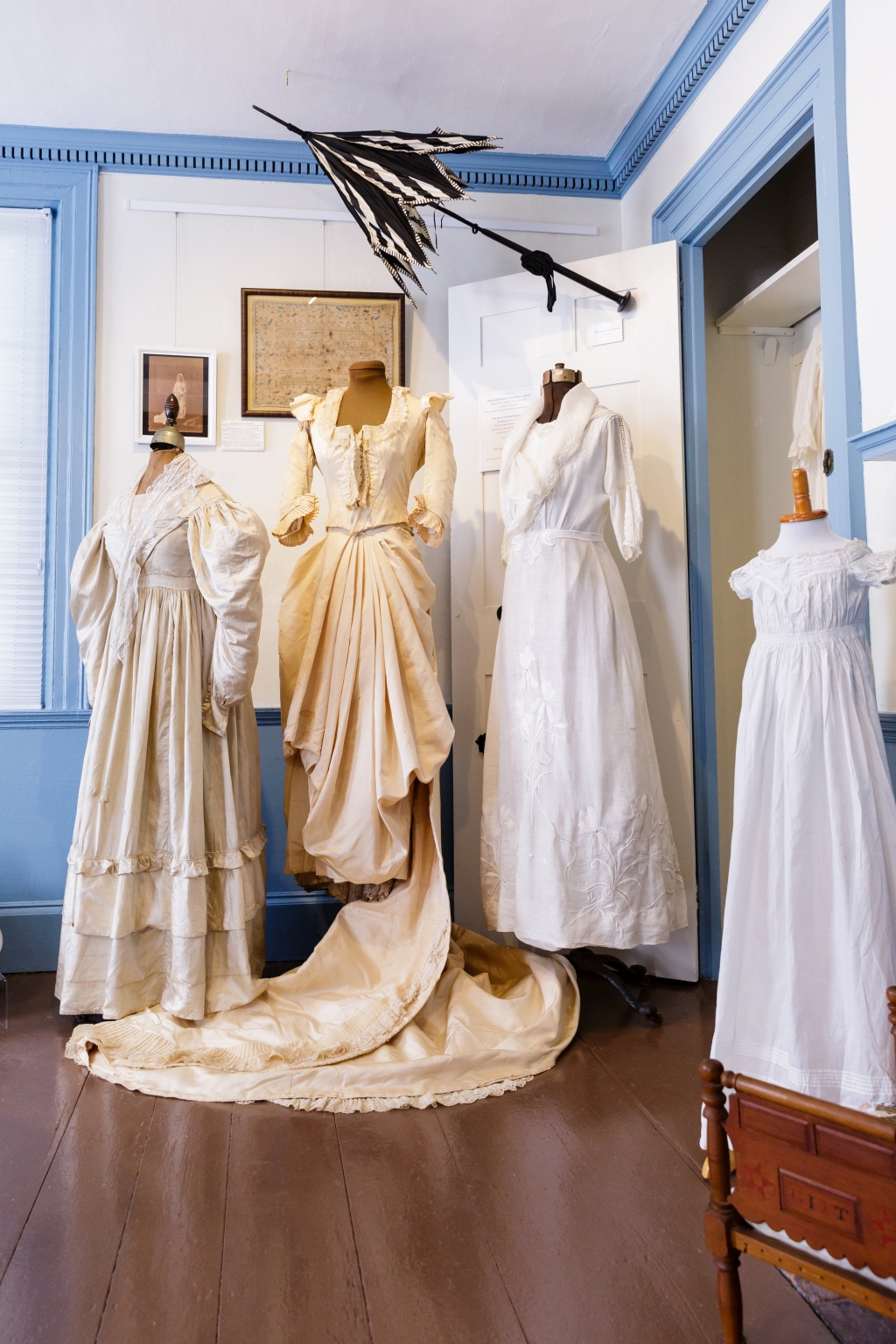
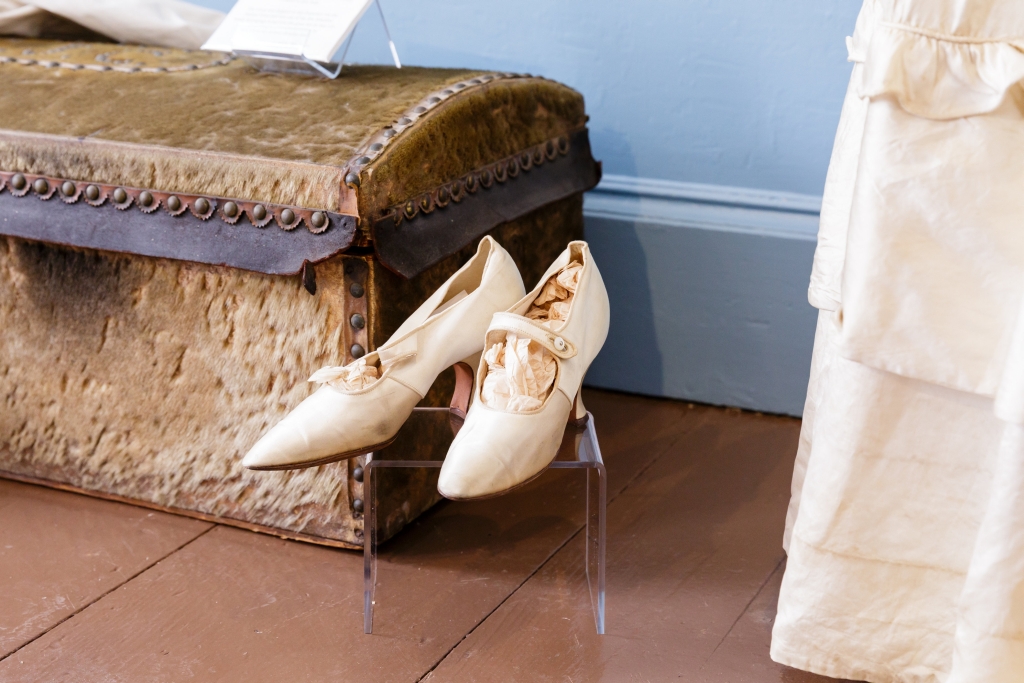
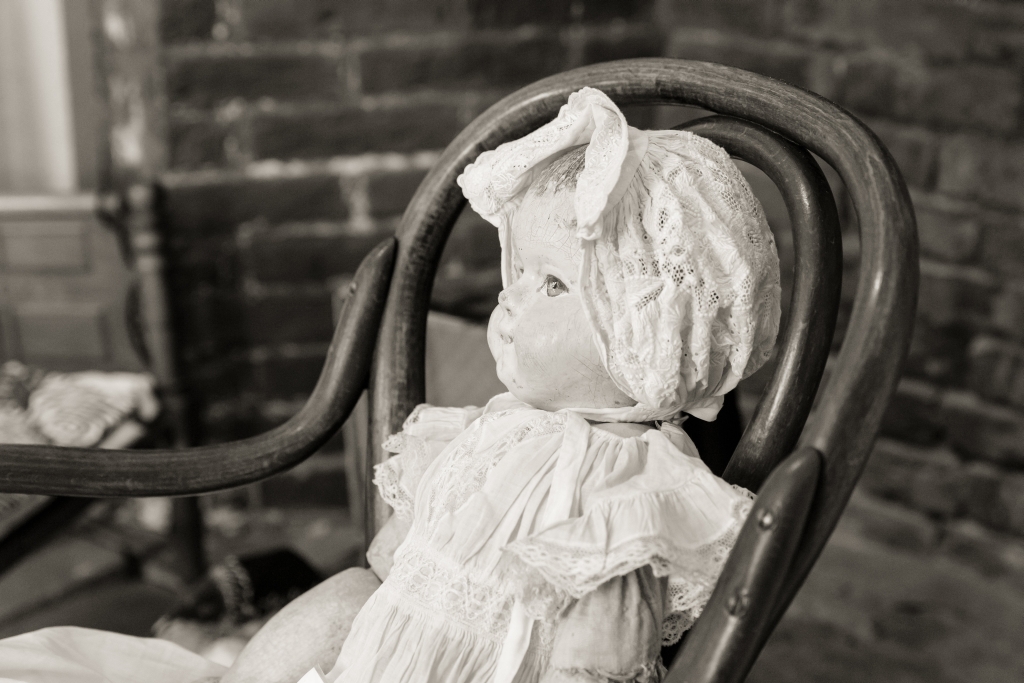
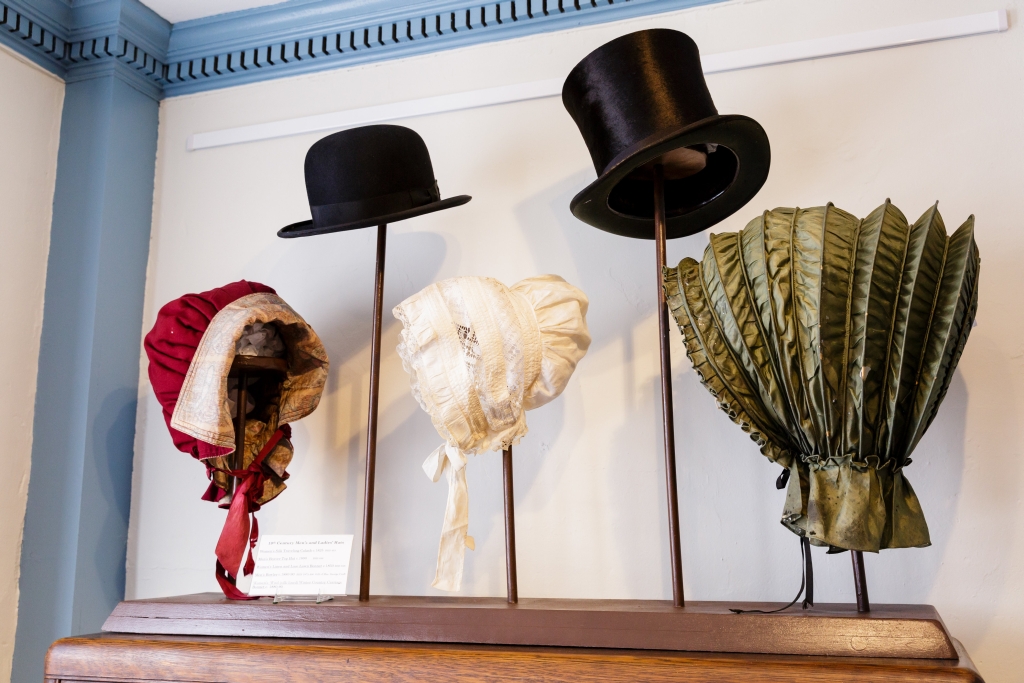
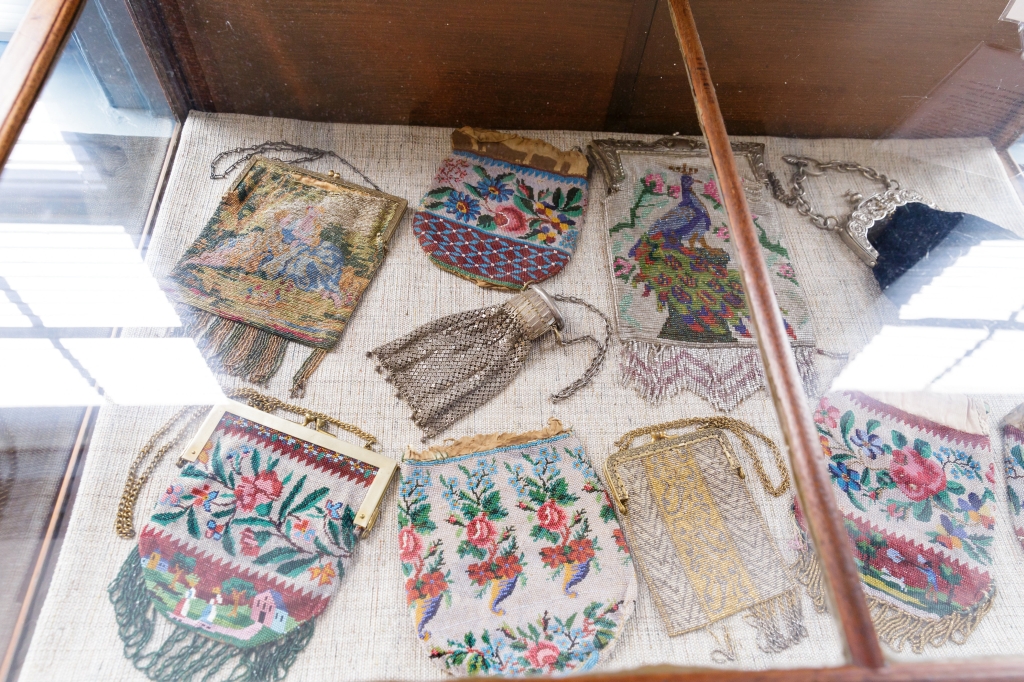
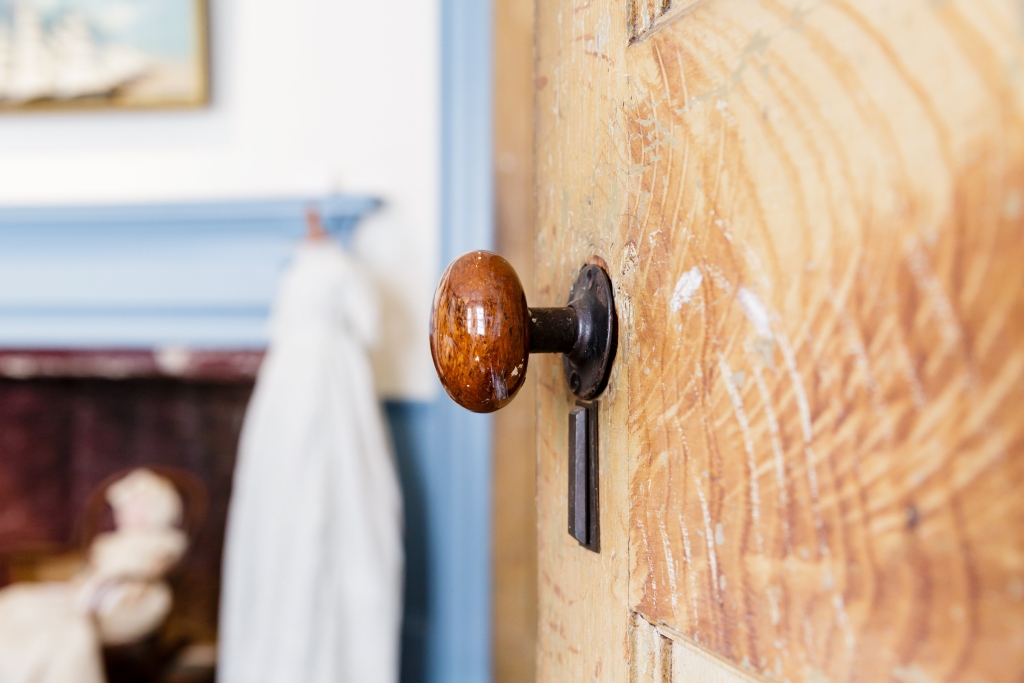

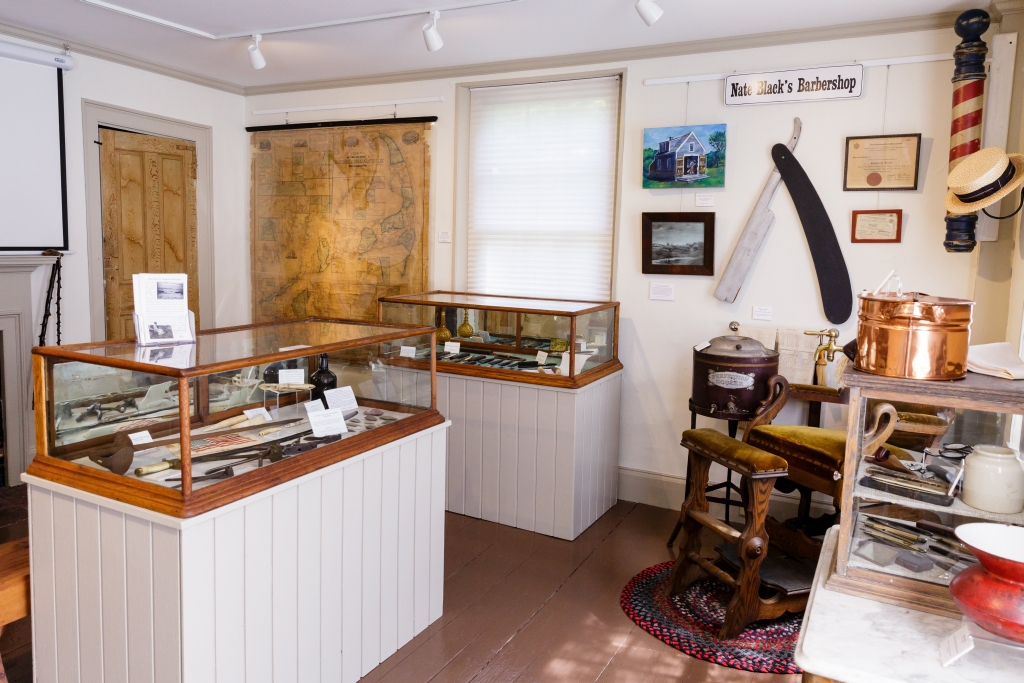
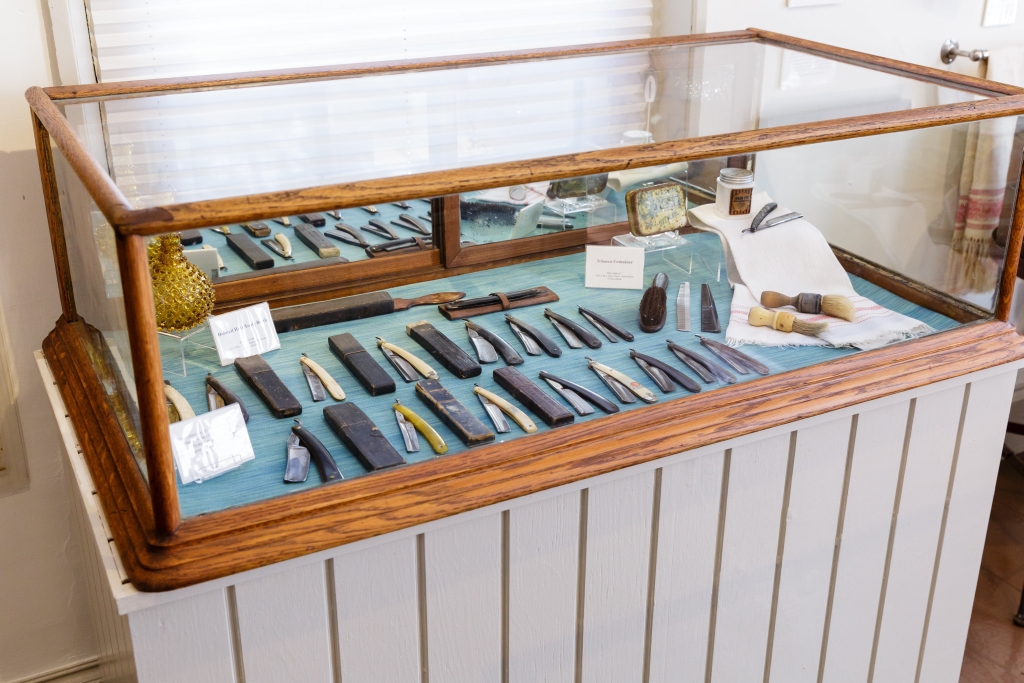
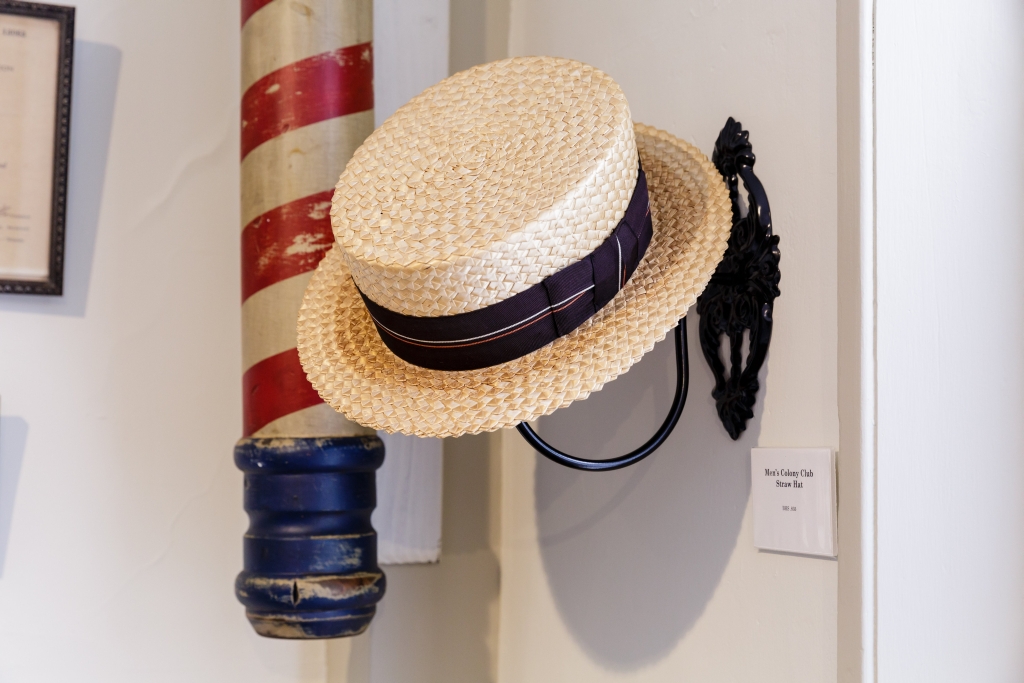
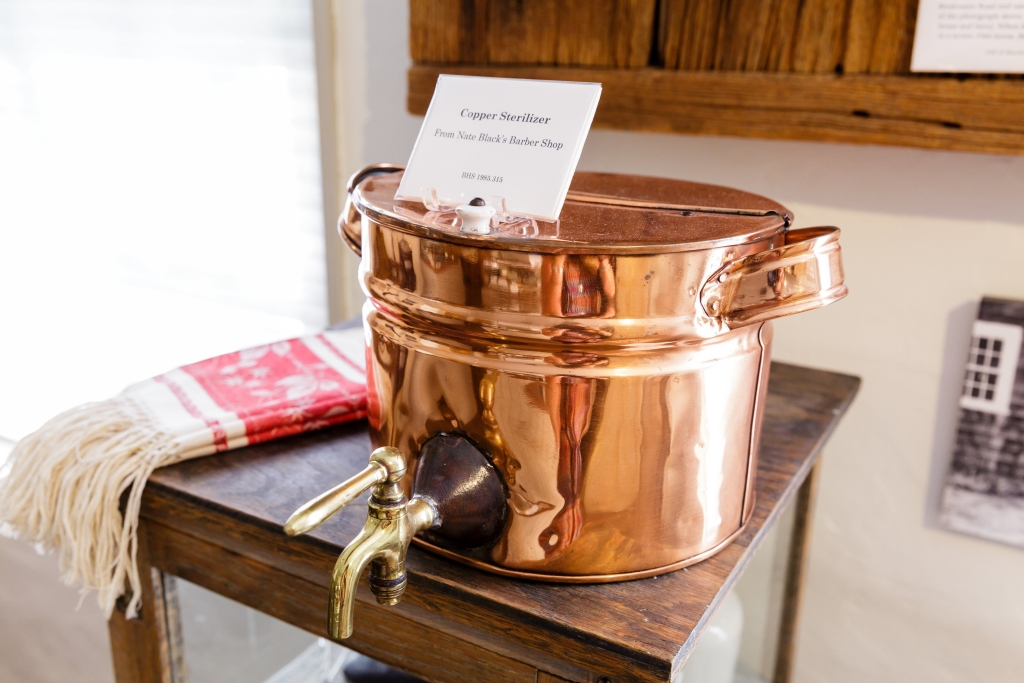
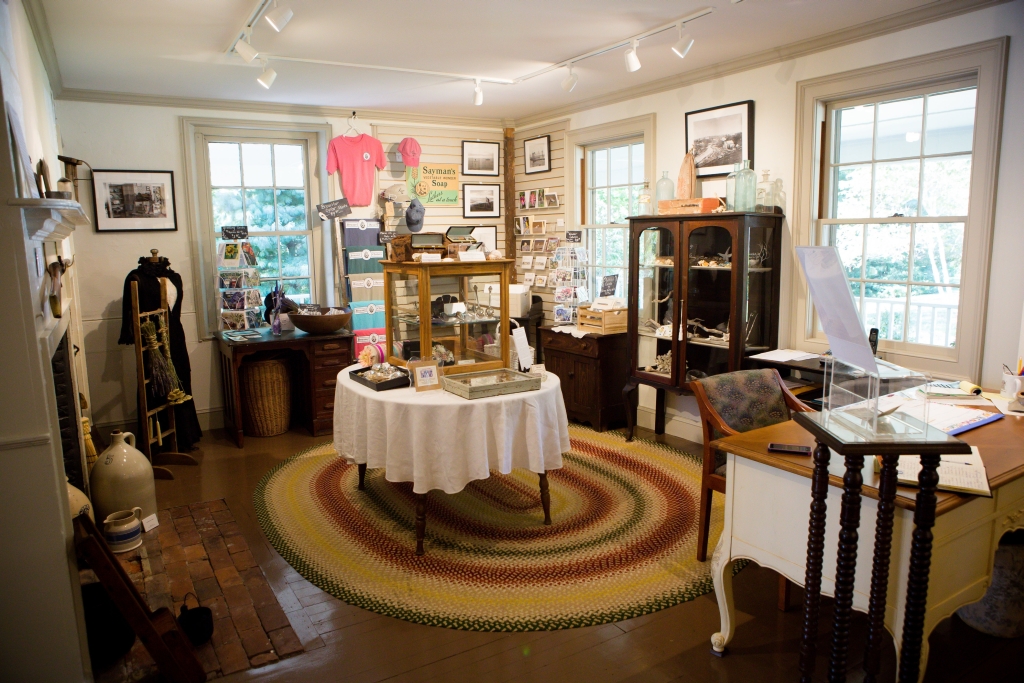
Meghan Thomas Photography
Click HERE for a video tour of the 1799 Captain Elijah Cobb House Museum with Author Sally Gunning. Courtesy of the Town of Brewster.
The Captain Elijah Cobb House at 739 Lower Road is one of Brewster’s most historically significant buildings. Elijah Cobb was born in Brewster July 4, 1768. He first commanded the ship Jane; later commands included the Monsoon, Paragon, and Ten Brothers. He is arguable Brewster’s most famous sea captain; traveling around the world and landing in France in time to run afoul of its Revolution. His ship’s cargo of rice and flour was confiscated to feed the starving populace; he engineered a private meeting with Robespierre, and later witnessed his beheading. He went on to run rum off the coast of Ireland and engage in the gold and ivory trade in Africa. During the War of 1812 his ship was captured and he became a prisoner of war, a prisoner exchange finally allowing his return to Brewster.
In the late 1700s Captain Cobb wrote home from sea: “My pertner [sic] in life’s voyage has run me in debt for a Cape Cod farm.” He bought the farm from Thankful Freeman, widow of David Freeman, and built his home in 1799, moving in on New Year’s Day 1800. The property then stretched all the way to Cape Cod Bay.
Captain Cobb retired from the sea to his farm in 1820, serving in many civic posts in town until his death, leaving behind not only the lovely home on Lower Road but a rare record of a sea captain’s life in a diary published by the Yale University Press. (For sale in the Museum Gift Shop)
Captain Cobb died in 1848 and is buried in the Brewster Cemetery on Lower Road. Today the National Register of Historic Places lists Captain Cobb as the first person of historical interest in the Old King’s Highway District.
Captain Cobb’s great-granddaughter, Caro Dugan, was born on March 26, 1853 and lived most of her life with her mother, Helen Cobb Dugan, in her great-grandfather’s home. In her lifetime the property still extended to the bay; the family built a beach house on the bluff as well as a guest cottage and numerous additions to the main structure. Ms. Dugan’s father died when she was still a young child, requiring her mother to take in summer boarders to augment her income. In 1888 a professional photographer named Cornelius Chenery started boarding with the Dugans. Evidence suggests that at the very least a close student/teacher relationship existed between them, if not a relationship of another kind. Over four-hundred glass plate negatives taken by the pair documenting the Cobb House and life in Brewster at the turn of the last century are in the custody of the Brewster Historical Society. (See the historic photos on this website)
Caro Dugan also kept a lively and colorful diary, recently published by Brewster Ladies Library, which recounts her life in the Cobb House during the years 1873 – 1878. Ms. Dugan served a librarian and lifelong supporter of the library.
The Captain Elijah Cobb House stayed in the family until Ms. Dugan’s death in 1941. She too is buried in the cemetery on Lower Road. Name artist Howard Gibbs purchased and restored the house in 1945. His work can be seen at Cape Cod Museum of Art and the MFA, among other locations. The house had fallen on hard times when Francis Chapin purchased the property in the early 1990s, removed several ells that had been added in the previous century, and restored the home to its original configuration.

